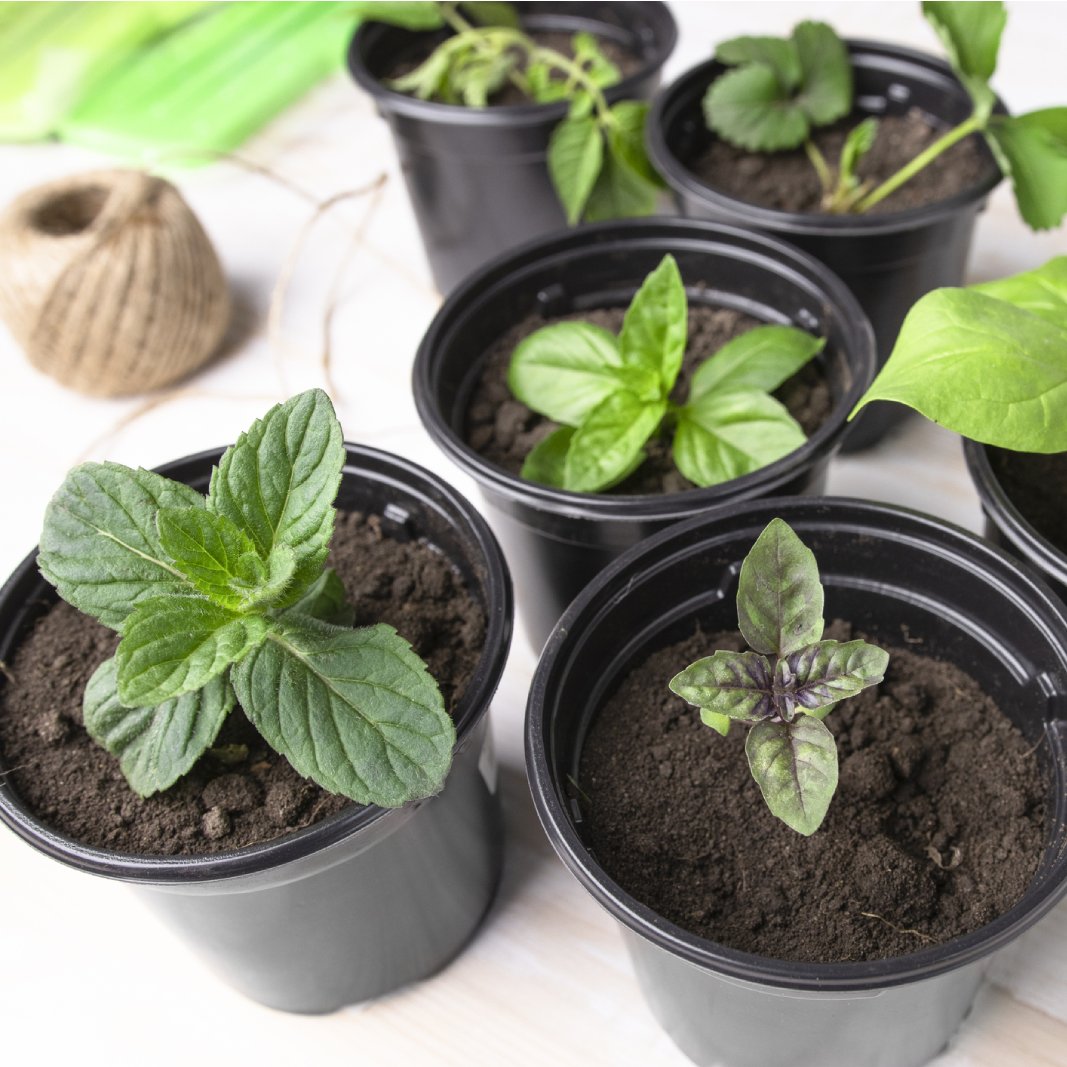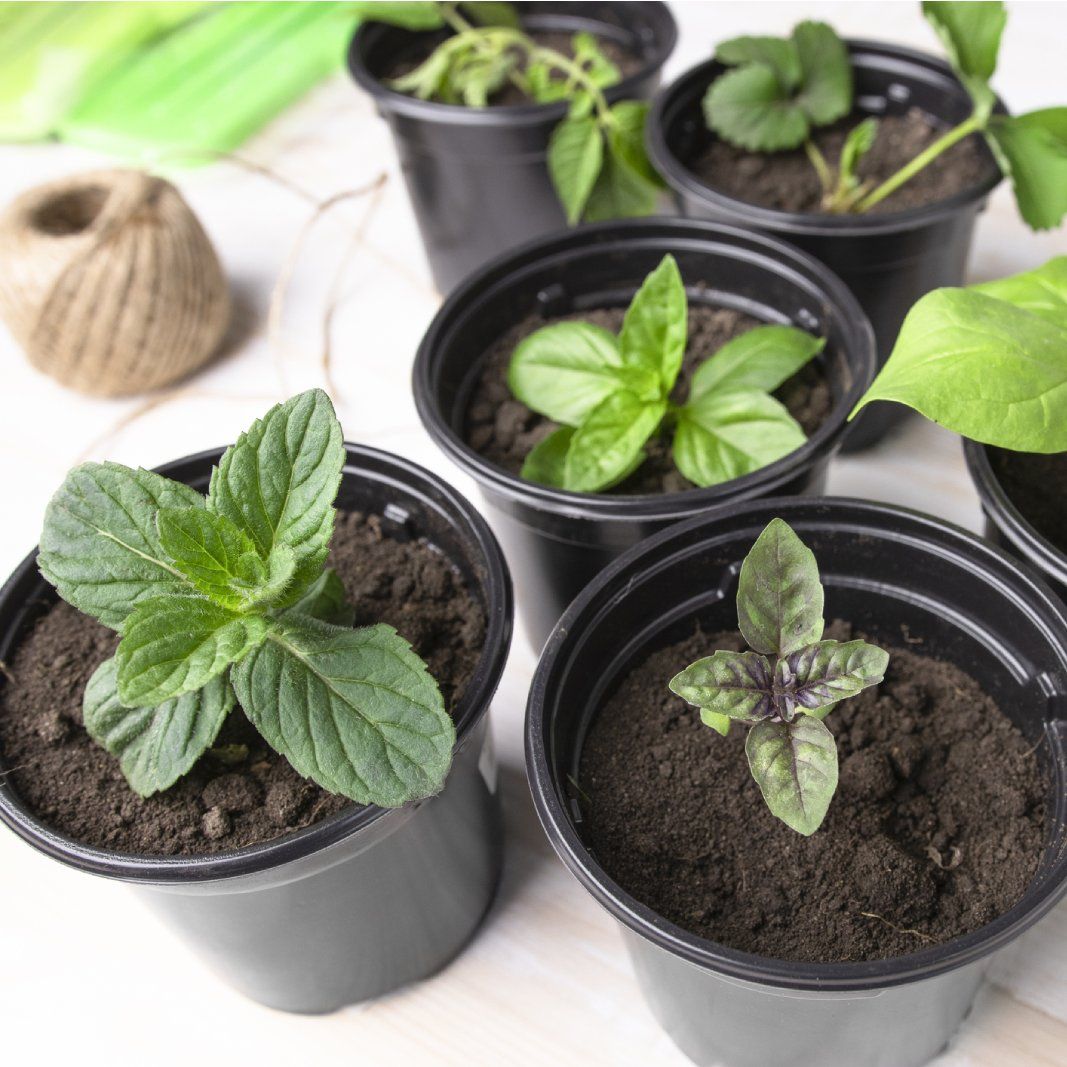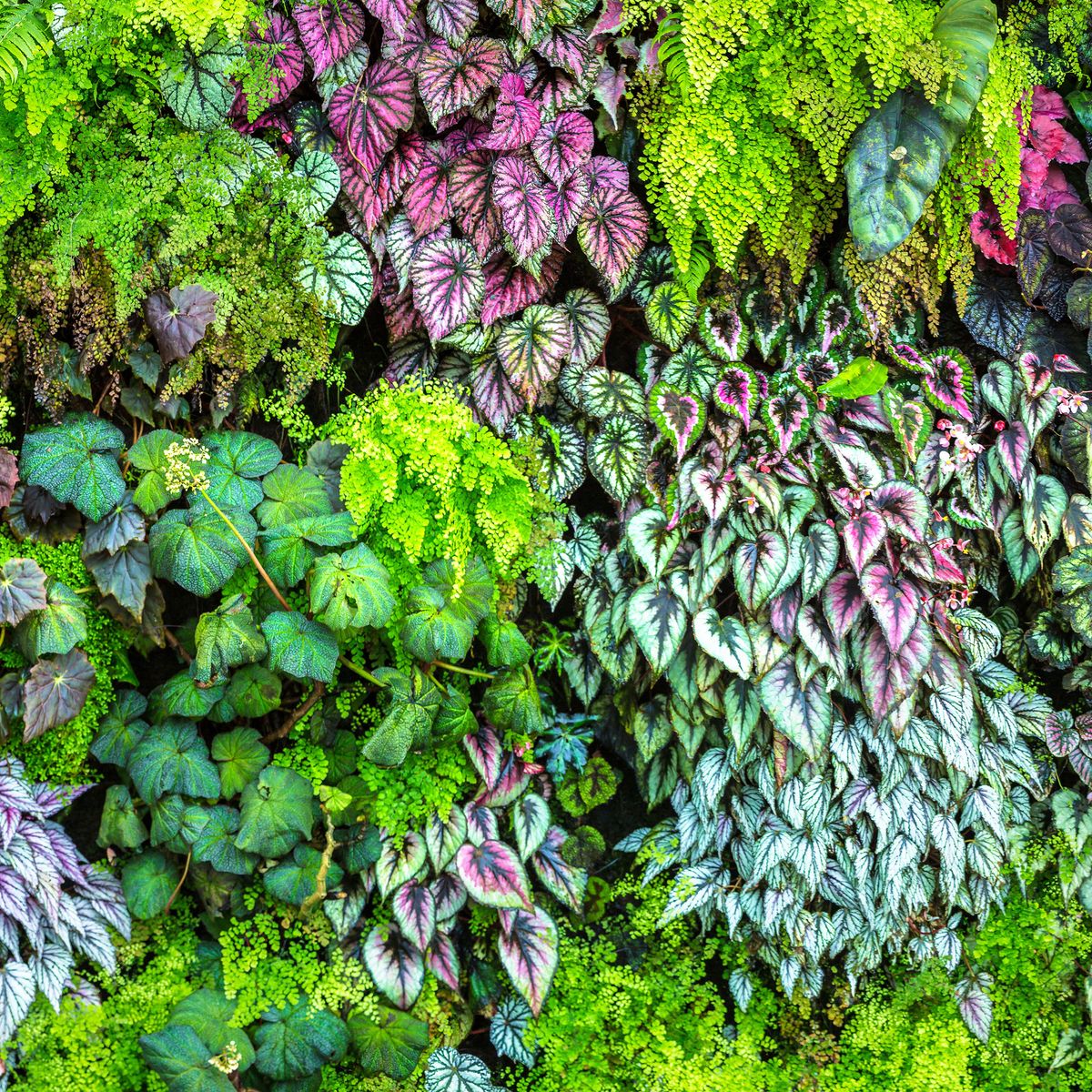
One of the ways peat moss is used in the veggie garden is to lower the pH of the soil which benefits acid loving plants but how about crops that like a more alkaline soil; what vegetables do not like peat moss? For that matter, what vegetables like peat moss? Since there will be a mix of crops in most veggie gardens, a gardener may want to inquire, “Can I use peat moss in my vegetable garden?” It isn’t as confusing as it sounds. We’ll discuss in this article whether using peat moss in the garden is a good idea for some vegetables, and why.
Is Peat Moss Good for Vegetable Gardens?
Peat moss is used for a variety of reasons in vegetable gardens. For one thing, peat moss helps improve soil structure. It helps lighten compacted soil, improves drainage and fertility and improves soil texture and tilth.
Peat moss helps retain moisture so it is often included in potting mixes but it can also improve moisture retention in garden soils.
Some plants like acidic soil, others prefer alkaline and still others thrive in neutral soil pH. Peat moss can lower the pH of soil making it more acidic, which can be beneficial to some crops.
Peat Moss and Soil pH
Peat moss has a natural pH of 3.0-4.0. It is sometimes used to lower the pH of alkaline soils when a more acid loving crop is desired. Acid loving plants, like blueberries, prefer a soil pH of around 5.5. Most plants grow best in a soil pH of 6.0-6.8.
What Vegetables Don’t Like Peat Moss?
There are quite a few crops that don’t do well with the inclusion of peat moss into the soil. These include:
- asparagus
- beet
- cabbage
- cantaloupe
- carrot
- cauliflower
- celery
- eggplant
- ginger
- gourds
- lettuce
- okra
- onion
- parsnip
- rutabaga
- spinach
What Vegetables Like Peat Moss?
Plants that prefer a pH of 5.6-6.8 and can tolerate a lower pH include:
- beans
- broccoli
- chives
- corn
- cucumber
- grape
- melon
- pea
- pepper
- peach
- pumpkin
- radish
- squash
- tomato
Alternatives to Peat Moss
As well as being bad for many vegetables, peat moss is an unsustainable resource that is best avoided. Some good peat moss alternatives are coco coir, compost, sawdust, and composted bark mulch.
Frequently Asked Questions
Is peat moss good for tomatoes and peppers?
Peat moss has an acidic pH which can be helpful added to soils for tomato plants. Otherwise, it improves drainage, lightens heavy soils, adds organic matter into the soil and helps to retain moisture; all positive benefits for tomatoes and peppers.
What vegetables thrive in peat moss?
Carrots, radish, lettuce, pepper, tomato and beans are just a few crops that thrive with the inclusion of peat moss into their soil.











